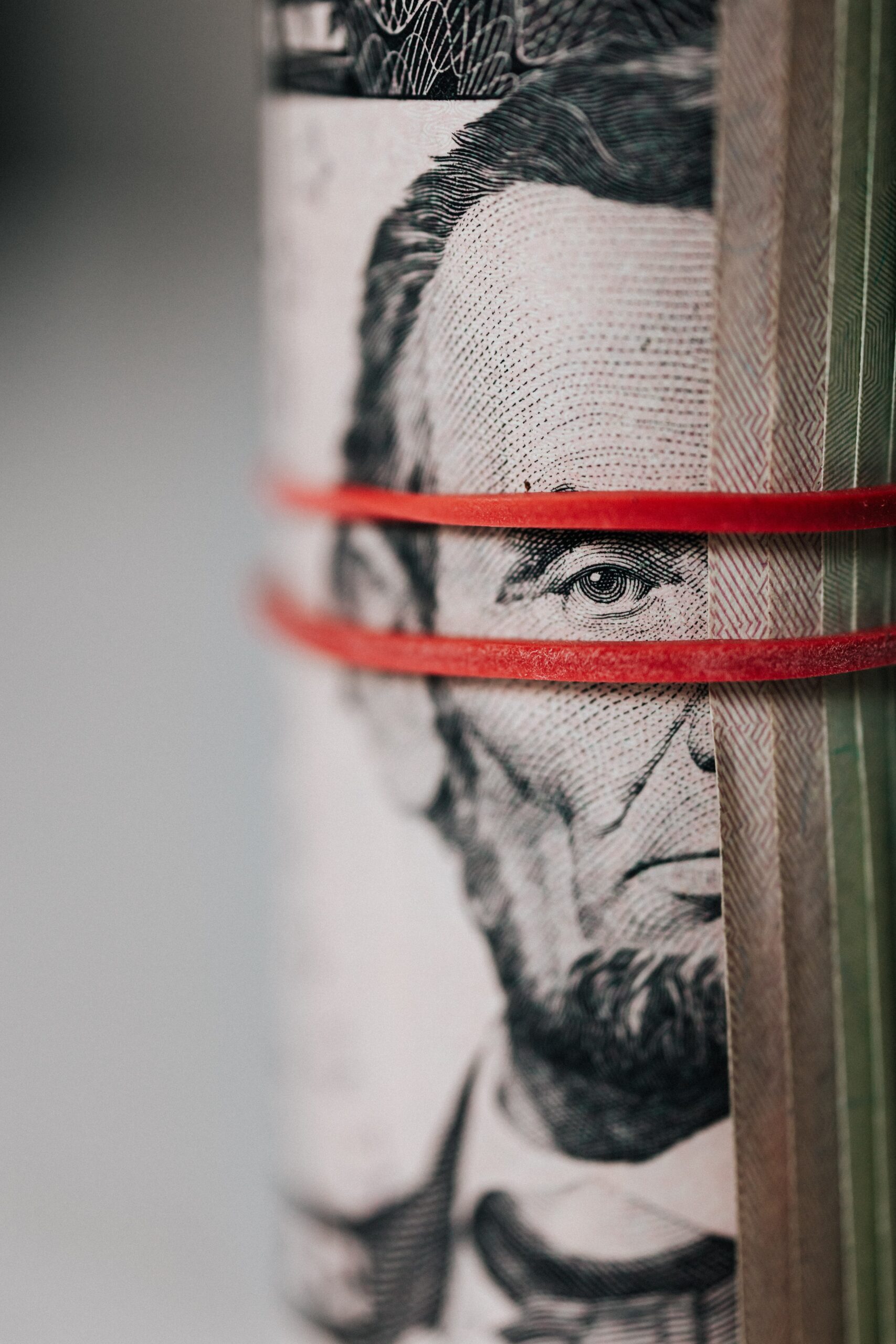 It's nice not having to rely on others...
It's nice not having to rely on others...
Private-equity ("PE") firms are learning that the hard way today.
You see, typically, PE firms work by raising funds from external investors. They get most of their cash through pension funds, endowments, and sovereign wealth funds.
When everything is going well, there's no harm in relying on investors. After all, there are big potential returns in private equity, so investors will line up to give money.
However, these days, things are different...
With interest rates soaring, PE deals are harder to justify. These firms often use a lot of debt to fund their acquisitions. And more expensive debt eats away at potential returns.
That means pension funds and other big institutional investors need other reasons to stick around.
This has led most big PE firms to strike serious discounts with their investors just to keep enough money coming in.
For instance, CVC Capital Partners, a PE firm with more than $150 billion in assets under management ("AUM"), recently had to lower its management fee to 1.375% – down from its usual 1.5%.
This is a dangerous precedent to set... If funds start offering discounts, investors are going to ask for even more. Yet, PE firms are desperate to keep cash coming in.
One PE giant – Apollo Global Management (APO) – seems to have seen the writing on the wall. And it has started reducing its reliance on outside investors as a result.
Today, we'll wrap up our series on Apollo. We'll cover how it has insulated itself from this discount environment by focusing on something called "captive capital."
 Apollo can tap its own piggy bank...
Apollo can tap its own piggy bank...
As we covered yesterday, Apollo merged with its Bermuda-based reinsurance subsidiary Athene Holdings back in 2022 and kept Athene's address for its headquarters.
This was a clear sign that Apollo had big plans for Athene...
Specifically, Apollo can use the steady stream of cash from the reinsurance business to help fund its PE business. (And remember, Bermuda doesn't have income taxes, which means even more cash in Apollo's pockets.)
Think of this as a "vertically integrated" private-equity structure. Apollo's biggest input is cash. And now, it controls its own source of cash.
That means the company is far less sensitive to rising interest rates. And it doesn't need to offer steep discounts to other investors to keep funds coming in the door.
We call this kind of vertically integrated cash "captive capital"... and it's a valuable resource in the PE industry.
Today, Apollo is way ahead of its peers in terms of captive capital.
Take a look at the chart below. It compares captive capital as a percent of AUM for five of the biggest public PE firms in the world: Blackstone (BX), Ares Management (ARES), KKR (KKR), Carlyle (CG), and Apollo.
Apollo is the leader by far. As you can see, it's the only company with roughly half of its AUM coming from within...
Companies with a large chunk of captive capital like Apollo might not need to engage in regular fundraising cycles. And they probably don't need to take on quite as much expensive debt either.
That's great news... especially since the Federal Reserve has signaled it's comfortable keeping rates "higher for longer" to wipe out inflation.
In the coming months, even more PE firms may need to start sweetening their financing terms with investors to keep money coming in. And as we've seen, even companies with hundreds of billions of dollars in AUM aren't immune to this environment.
 Apollo looks like it's in the best shape to buck the trend...
Apollo looks like it's in the best shape to buck the trend...
As we wrote on Tuesday, investment firm Tiger Global seems to realize that.
It made an uncharacteristic jump away from venture capital... and invested $1 billion in Apollo. That was a smart move – for several reasons.
For starters, Apollo is currently trading at a steep discount. Our Embedded Expectations Analysis proves that.
Second, thanks to its clever merger with Athene, it now has a steady stream of cash it can rely on to help fund its PE business. As we covered today, its captive-capital ratio is an industry-leading 50%.
That means Apollo is less likely than its peers to see a slowdown in its deal flow. It's also better prepared to survive the Fed's rate hikes – as long as those may last.
So even if we enter a recession next year, Apollo is well positioned to remain at the top of the PE industry.
And that could make it a real diamond in the rough for investors.
Regards,
Joel Litman
August 31, 2023



 It's nice not having to rely on others...
It's nice not having to rely on others...


